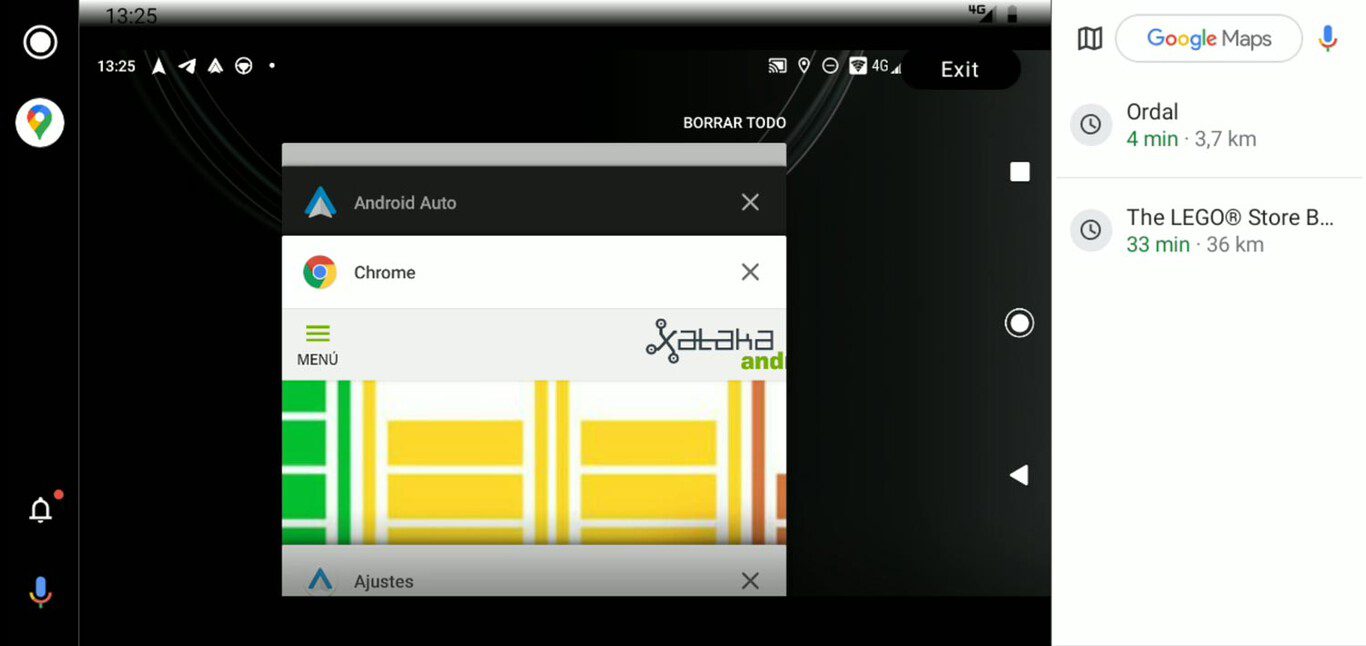
Apple is equipping the iPhone 14 Pro and Pro Max with more new functions than the iPhone 14. This apparently also has an impact on pre-orders.
With the iPhone 14, Apple has adopted a different strategy than in previous years when it comes to the equipment of the models – and according to one analyst, this is apparently affecting pre-orders. The Pro models have a lot more new things to offer than the standard models with an always-on display, an appearance changed by the new so-called Dynamic Island, improved cameras and the new A16 chip. Accordingly, the iPhone 14 Pro Max, which currently has long delivery times, is also the winner in customer favor. These are currently four to six weeks for new orders.
For the standard models, however, it looks worse, writes the analyst Ming-Chi Kuo from the company TF International Securities from Taiwan in a blog entry. This alone indicates that the iPhone 14 will probably be in stock on the first day of sale on Friday. In the iPhone 14, only one chip from the previous year is installed for the first time, namely the A15. Kuo has good contacts with suppliers and asked them how much demand there has been for the new iPhones since pre-orders started on Friday. At the moment, the pre-order result for the iPhone 14 and 14 Plus is even worse than it was for the iPhone SE 3 and the iPhone 13 mini.
iPhone 14 Plus: Difficult start
At least at the start of pre-orders, the expectations for the iPhone 14 Plus would not have been met. The device with a 6.7-inch display replaces the smaller iPhone 13 Mini. However, pre-order numbers for this new product are well below expectations, Kuo writes. He’s already talking about failure. The iPhone 14 Plus won’t be available until October 7th.
While the iPhone 14 Pro Max performed well and the standard models poorly compared to last year’s iPhone 13 series, the iPhone 14 Pro was in constant demand. In a recent look at the iPhone 15, Kuo suspected a strategy behind Apple strengthening the Pro models in order to increase the average selling price of the iPhones while the number of units remained the same or decreased.
iPhones before difficult times
However, Kuo is currently unable to say whether the popularity of the Pro models is sufficient for Apple to continue to ramp up production of the devices. The good result initially only shows that Apple has many loyal customers, especially with the Pro devices. It remains to be seen how well the number of orders for the Pro models will survive the looming recession. On the other hand, there is a growing likelihood that Apple will reduce orders to suppliers for the iPhone 14 and iPhone 14 Plus, which account for around 45 percent of the total iPhone supply, to meet the fall in demand.
Kuo therefore also sees supplier companies that produce for the Pro devices as the winners, whereas suppliers that limit themselves to the standard models would have to reckon with significantly reduced income.




